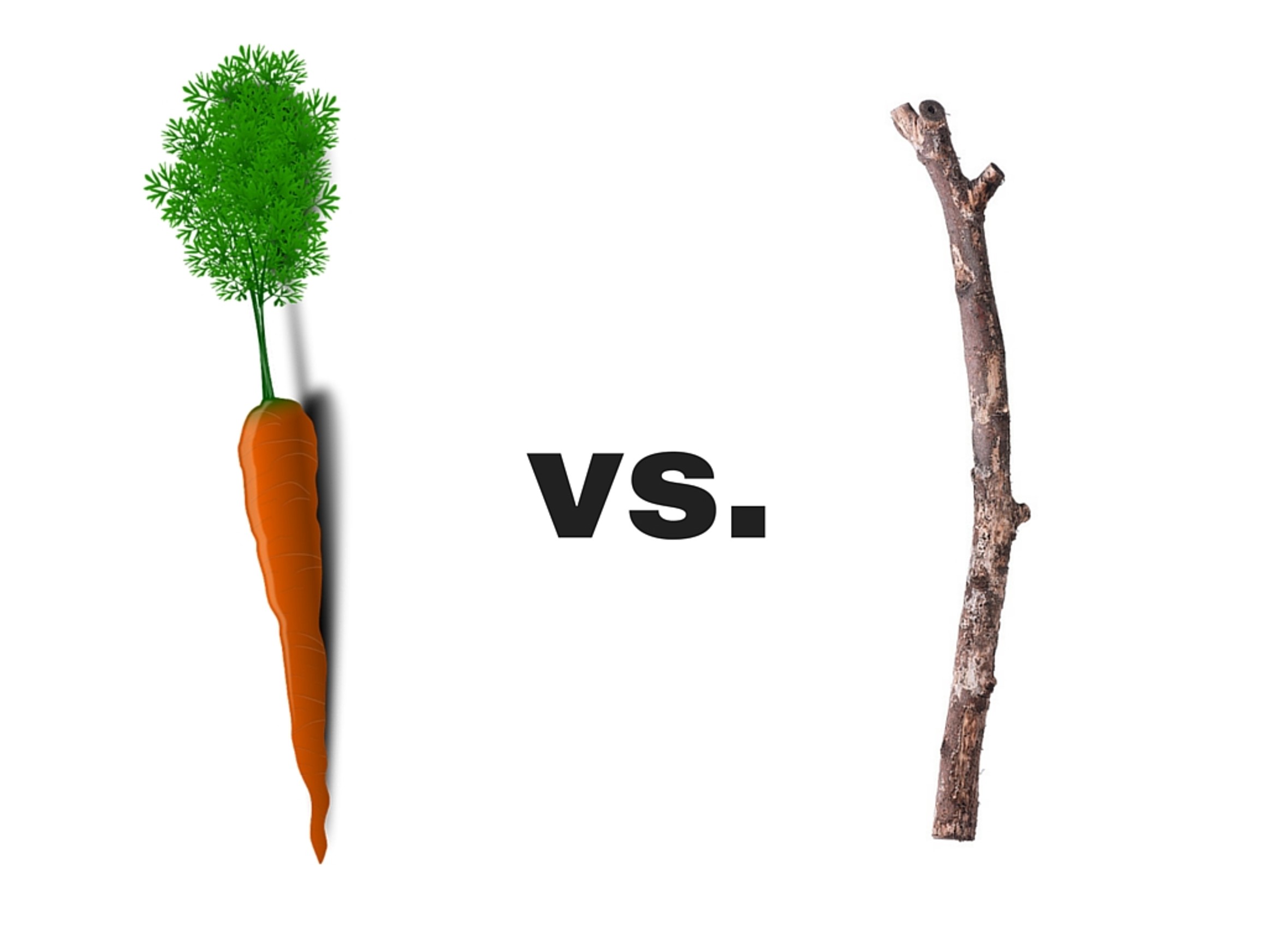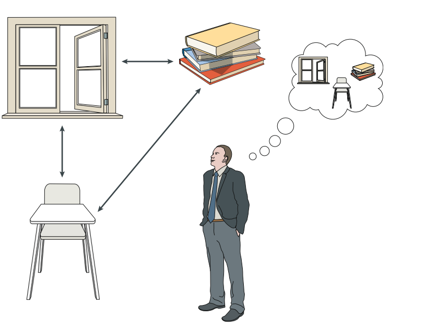Research
The Motor Neuroscience Lab focuses on understanding neurobiology of motor behavior in context of skill learning and motor adaptation. We investigate how humans adapt learned movements and acquire new ones through interactions with the environment. Our mission is to develop and inform new rehabilitation approaches for persons with neurological diseases.
Reinforcement Feedback During Motor Adaptation

Reinforcement is a powerful tool that promotes learning across a variety of contexts. When applied to motor learning, reinforcement can have differential effects. This research line observes both the behavioral and neural changes associated with reward and punishment during visuomotor and locomotor adaptation.
Spatial Decision-making During Movement
For us to properly interact with our environment, we must understand where we are in relationship to objects within it. Our brain must map out aspects like object distance and how to properly navigate toward it, for successful interactions. This research focuses on identifying how the brain makes decisions in relationship objects/stimuli during a complex motor behavior like reaching and walking.

Modulation of Skill Learning

Optimizing our ability to learn/relearn a new skill is important in the context of sports and rehabilitation. This line of research explores what makes you learn faster and remember better. We use non-invasive brain stimulation and exercise as tools to modulate skill learning.